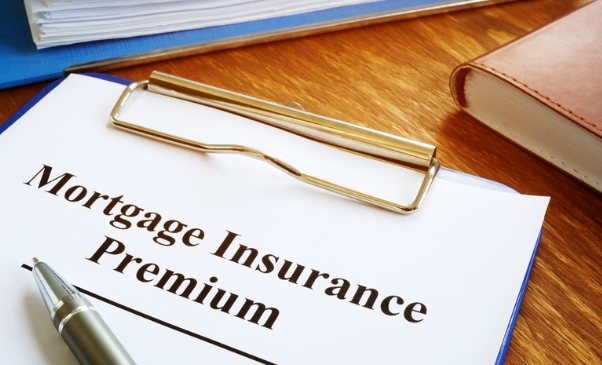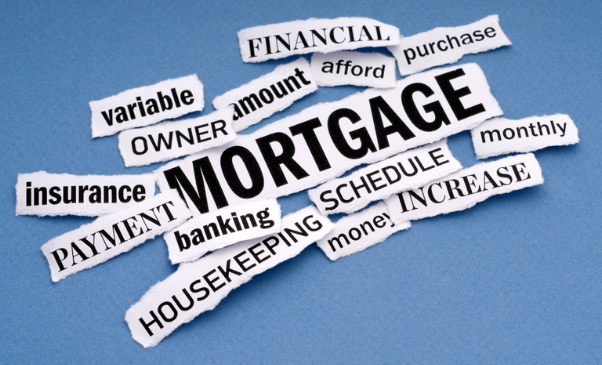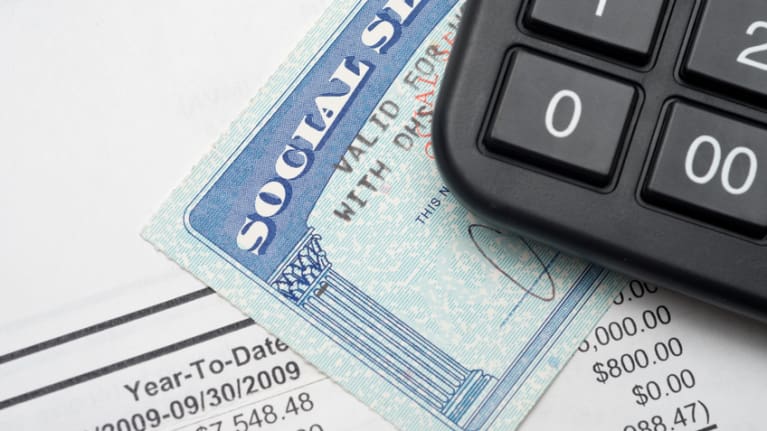What is Mortgage Insurance?
Mortgage insurance might be helpful if you fall behind on your mortgage payments. If you suddenly find yourself unable to work or pay your expenses because of illness or unemployment, having this safety net in place might be a huge relief. Private mortgage insurance (PMI) and government-backed mortgage insurance is the most common. Private firms market mortgage insurance, known as private mortgage insurance (PMI).
PMI, or private mortgage insurance, is more expensive than government-backed mortgage insurance but has fewer eligibility conditions. Government mortgage insurance is accessible to more individuals, although it is frequently more costly. Getting mortgage insurance is a huge decision, so it's smart to discuss it with an expert before you commit to anything.

What Is Mortgage Insurance?
A lender is protected from financial loss because of a defaulting borrower via mortgage insurance. Also, you have to carry mortgage insurance if you have a loan from the Federal Housing Administration and your down payment is less than 10%. The borrower is responsible for paying the annual mortgage insurance payment, typically between 0.5% and 1% of the loan amount. It's crucial to understand that mortgage insurance covers the lender, not the individual taking out the loan.
How Does Mortgage Insurance Work?
Mortgage insurance protects lenders if borrowers are default. This is because mortgage insurance protects the lender from financial loss in case of loan default. The lender may "foreclose" on your property and sell it to recoup its losses if you default on your mortgage payments.
Lenders may rely on mortgage insurance to cover any shortfall between their loan balance and the sale price of the insured property. Many lenders may insist that their customers purchase mortgage insurance, which is not cheap. Mortgage insurance requires regular monthly payments, which might amount up to a significant sum over the life of a loan.
What Types of Mortgage Insurance are there?
The private mortgage insurance policy protects the lender against loss if the borrower defaults on the loan. A private business provides this insurance. Borrowers are safeguarded against default on their mortgage by a mortgage insurance premium made accessible by the government.
Before committing to mortgage insurance coverage, you should give serious thought to all of your available options.
How to Choose the Right Mortgage Insurance
The duration of coverage is the first factor to consider. Most individuals get coverage for 10–30 years, while some policies go as high as 40. The cost of the policy increases in proportion to the number of years of coverage purchased. Determine how little insurance you need.
Your home's value and your mortgage balance will determine how much insurance you require. If you have a sizable mortgage, you should take extra safety precautions. A premium's price should be the very last consideration. The annual premium is the sum required to maintain coverage. It's possible that purchasing insurance for oneself is a good investment, but the premiums can range widely depending on a number of factors, all of which you need to think about before making a final choice.
Pros and Cons of Mortgage Insurance
In light of the information you have regarding mortgage insurance, you might be on the fence about whether or not to purchase it. The following are some benefits and drawbacks to consider:
Pros:
- Mortgage insurance might make it possible to put less money down on a home loan.
- Sometimes you can acquire a loan when you otherwise couldn't.
- It may provide security for the lender in the event of nonpayment.
Cons:
- A high premium is possible for mortgage insurance.
- It can increase your loan payments over time.
- You, the borrower, have no safety net if you default on the loan.
How Can I Cancel My Mortgage Insurance?
Having mortgage insurance reduces the risk of financial loss for the lender if the borrower cannot keep up with their mortgage payments. Your mortgage insurance premiums will likely be included in your monthly principal and interest payment. Mortgage insurance is optional and will save you money if you choose not to get it.
You may not need to pay for mortgage insurance if you have a significant amount of home equity. This often occurs when the remaining mortgage balance is less than 80% of the initial value of the house. You should get in touch with your mortgage lender directly if you are interested in learning whether or not they will permit you to cancel your homeowner's insurance coverage and want to know more about this.

How Much Does Mortgage Insurance Cost?
The length of your loan, the amount of coverage you need, and the kind of loan you have all play a role in determining the answer to this question. Generally speaking, mortgage insurance premiums will equal 0.3% and 1.5% of the loan balance annually. The yearly premium on an FHA loan is 1.35% of the total.
Mortgage insurance premiums are often included in the regular mortgage payment, so you won't need to put aside any additional funds to cover this cost. This expenditure may qualify as a tax write-off for you.
Conclusion
Lenders may be shielded from financial loss by purchasing mortgage insurance if a borrower defaults on their loan. First and subsequent yearly payments are typically the responsibility of the borrower. Lenders, not borrowers, are the ones who benefit from mortgage insurance.
If you cannot repay the loan, the mortgage insurance company will reimburse the lender for some of their losses. Mortgage insurance has two purposes: it allows homebuyers to put down less money and protects the lender's investment in the event of default. Before committing to a loan, it's important to educate yourself about mortgage insurance and the repercussions of your choices.



